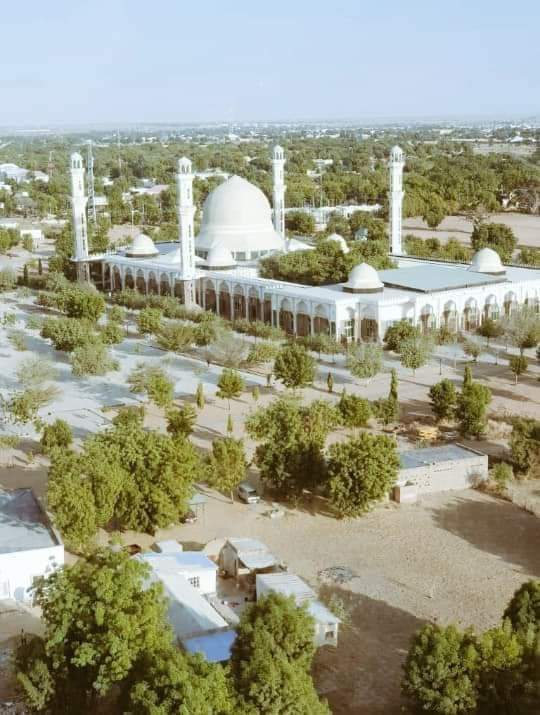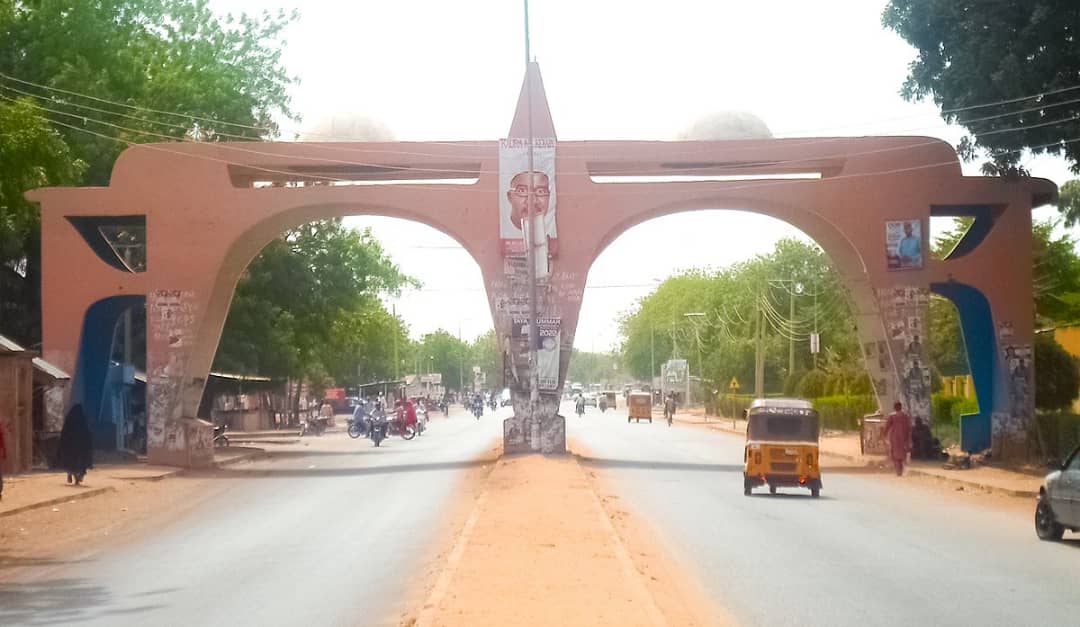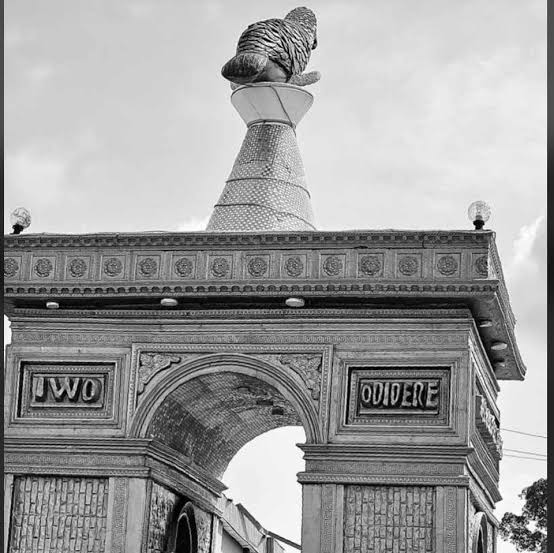Damaturu, Yobe State
“I will make a covenant of peace with them and will rid the land of wild beasts, so that they can live securely in the wilderness and even sleep in the woods. I will turn them and the regions around my hill into a blessing. I will make showers come down in their season; they will be showers that bring blessing.” Ezekiel 34:25-26 NET
In the heart of Yobe State, where the Sahel embraces the savanna, lies Damaturu— a city that echoes with the resilience of its people and the anticipation of a new dawn. As the capital of Yobe, Damaturu is not just a geographical hub but also a cultural nucleus, serving as a bridge between tradition and development. Surrounded by the whispers of significant Christian populace in Potiskum to the south and Geidam to the north, Damaturu’s story unfolds in the arid embrace of the northeastern Nigerian landscape.
Until recently the city of Damaturu in the Yobe State was one of the most vibrant in North East Nigeria. Bombings and killings by Boko Haram have brought this former regional hub to almost a virtual standstill. Damaturu has grappled with the shadows of conflict and hardship. Economic disparity and the echoes of past struggles pose significant challenges. A Christian report says “The Christians in this community are a minority and they suffer a lot. The fact that hundreds of Christians have left town, and some are still leaving even as I am talking to you now, has made it difficult for us to account for the actual figure of our members that have been killed.” The scars of this exodus run deep.
However, beneath the surface, a spirit of resilience and hope burns brightly. The city’s youthful population, brimming with potential, yearns for a brighter future, seeking opportunities to learn, grow, and contribute to their community. Despite the hardships, the remaining Christians continue to practice their faith with unwavering devotion and a deep desire for peace and reconciliation. Damaturu stands at a crossroads, wounded but not broken. The gospel light is invading hearts and systems. Beyond the droppings, we can have a shower.
Please Pray
- Pray for the healing of past wounds and the fostering of a future where all residents of Damaturu, regardless of faith, can live with dignity, safety, and the opportunity to pursue their dreams.
- Pray for creative and compassionate outreach strategies that resonate with the diverse communities of Damaturu, offering hope, support, and a tangible expression of God’s love to those who are suffering.
- Pray for enduring peace in Damaturu and the surrounding regions, that the city may be a beacon of stability and security for its residents.










